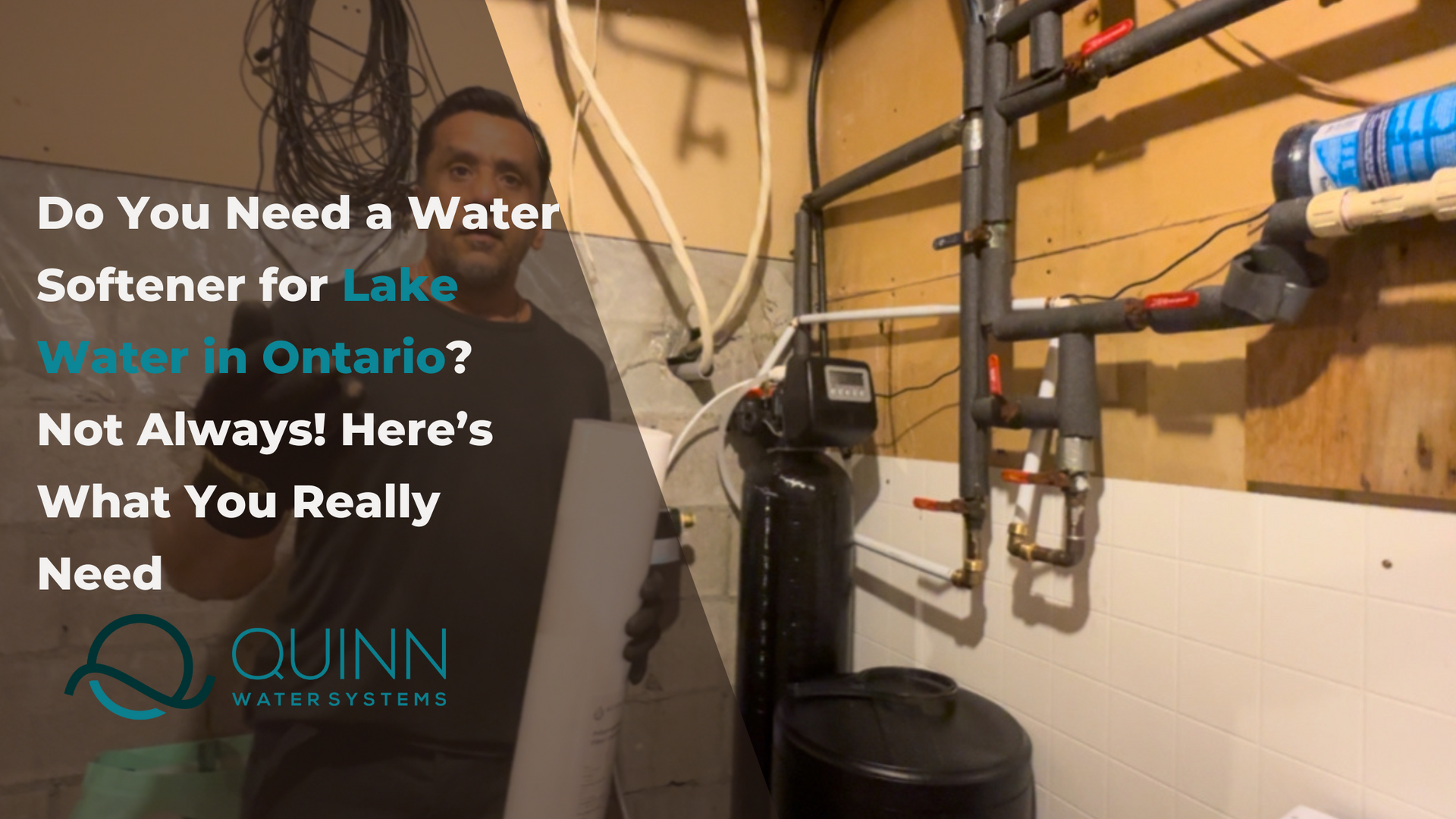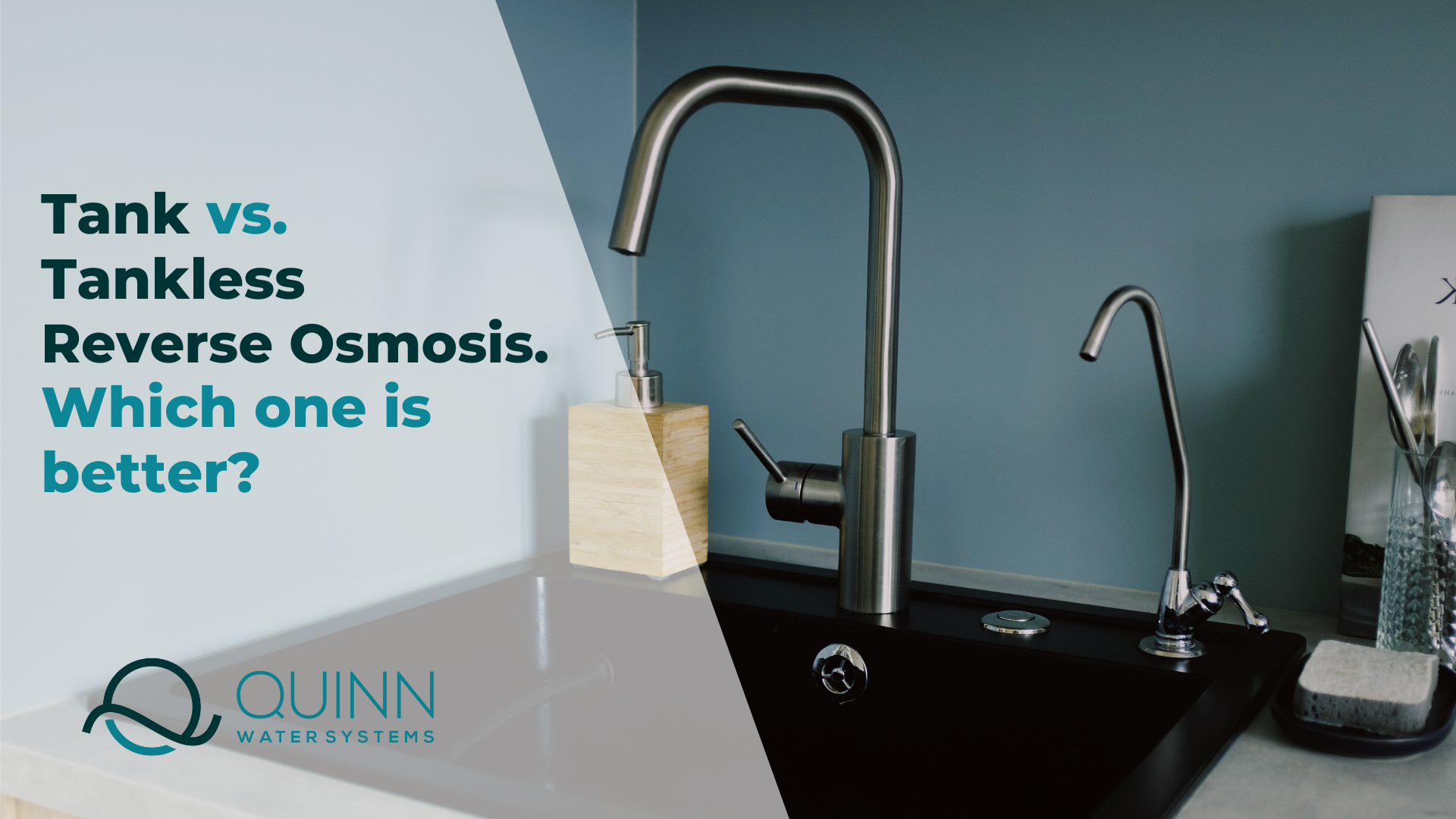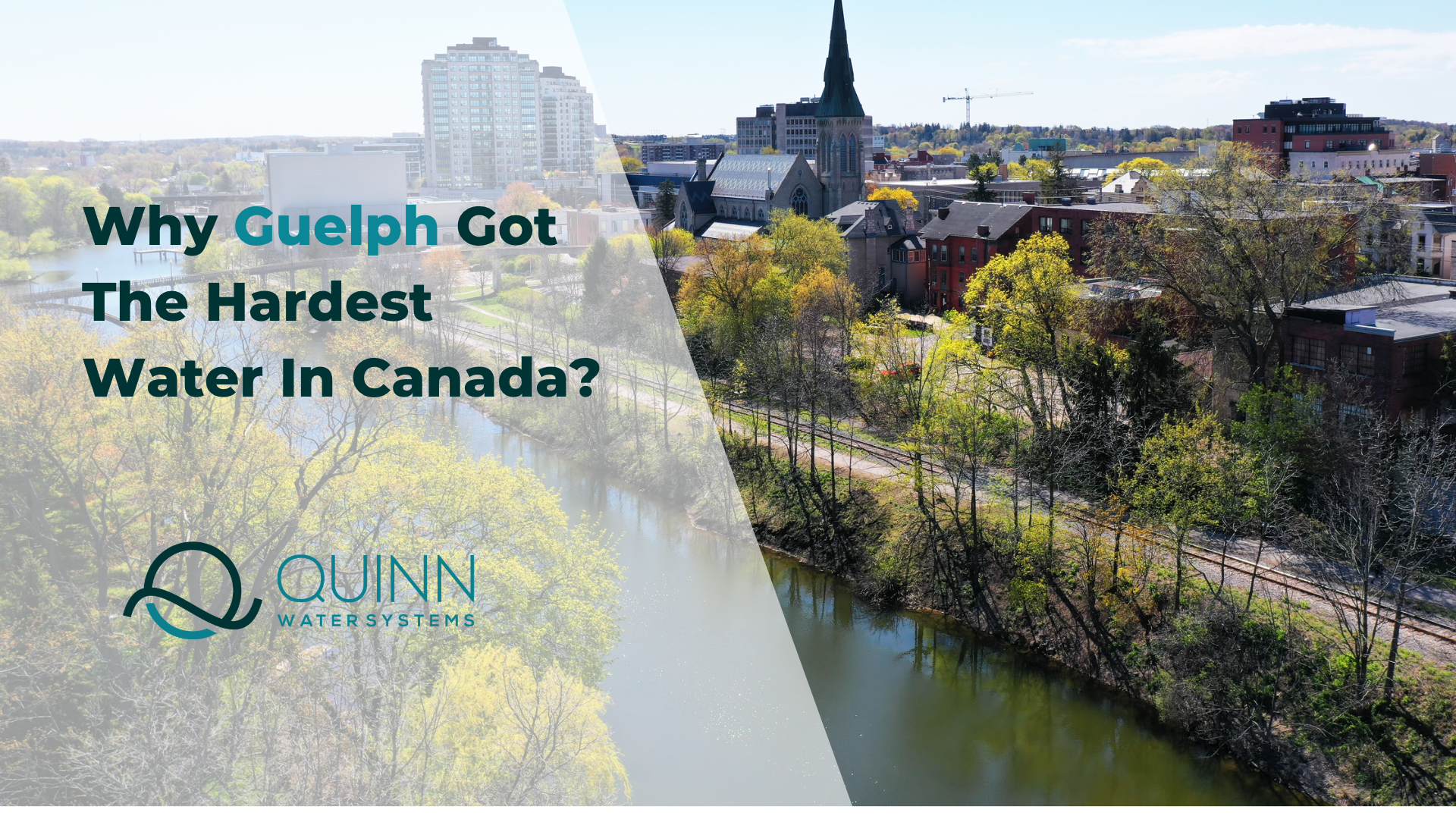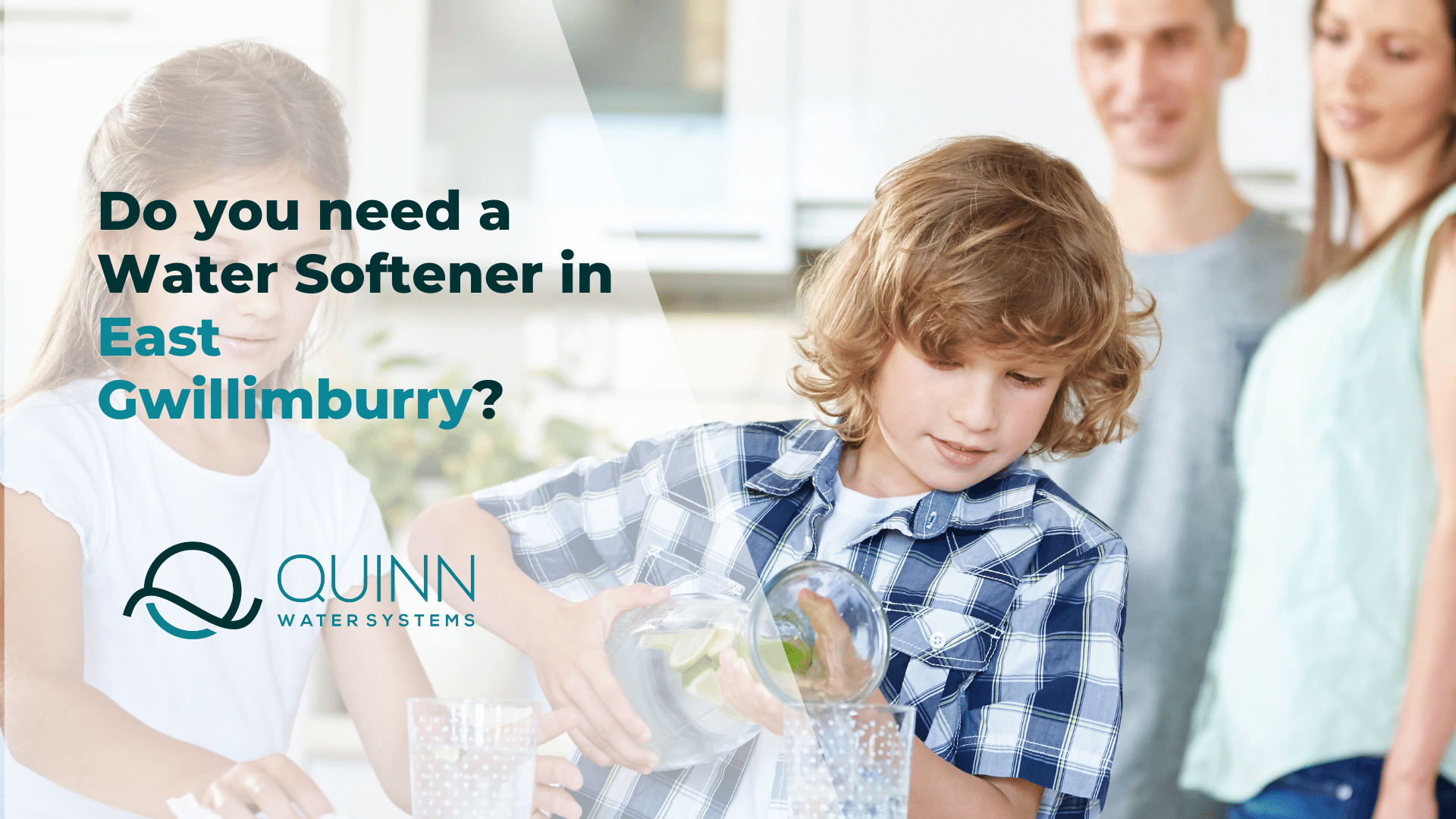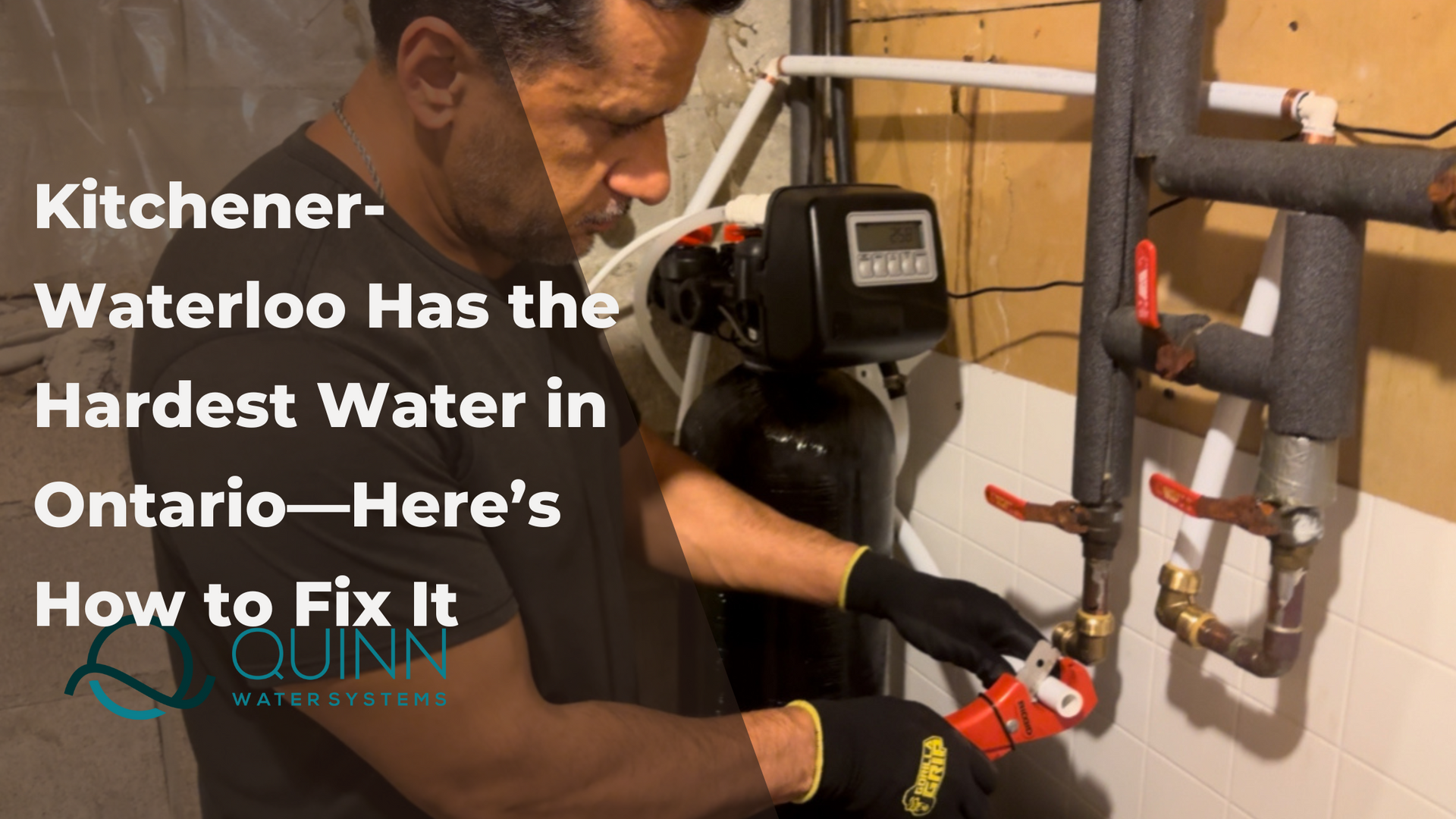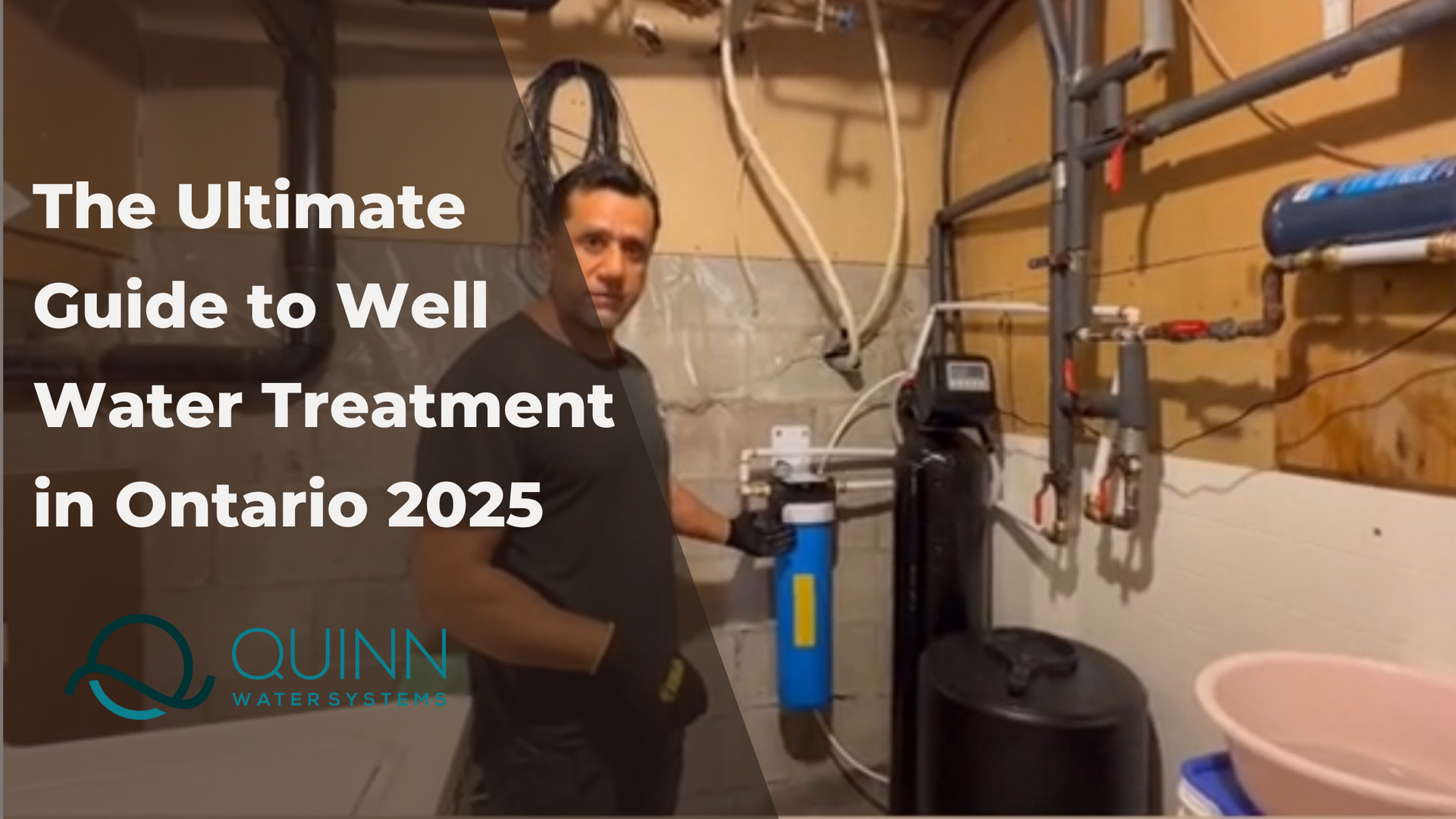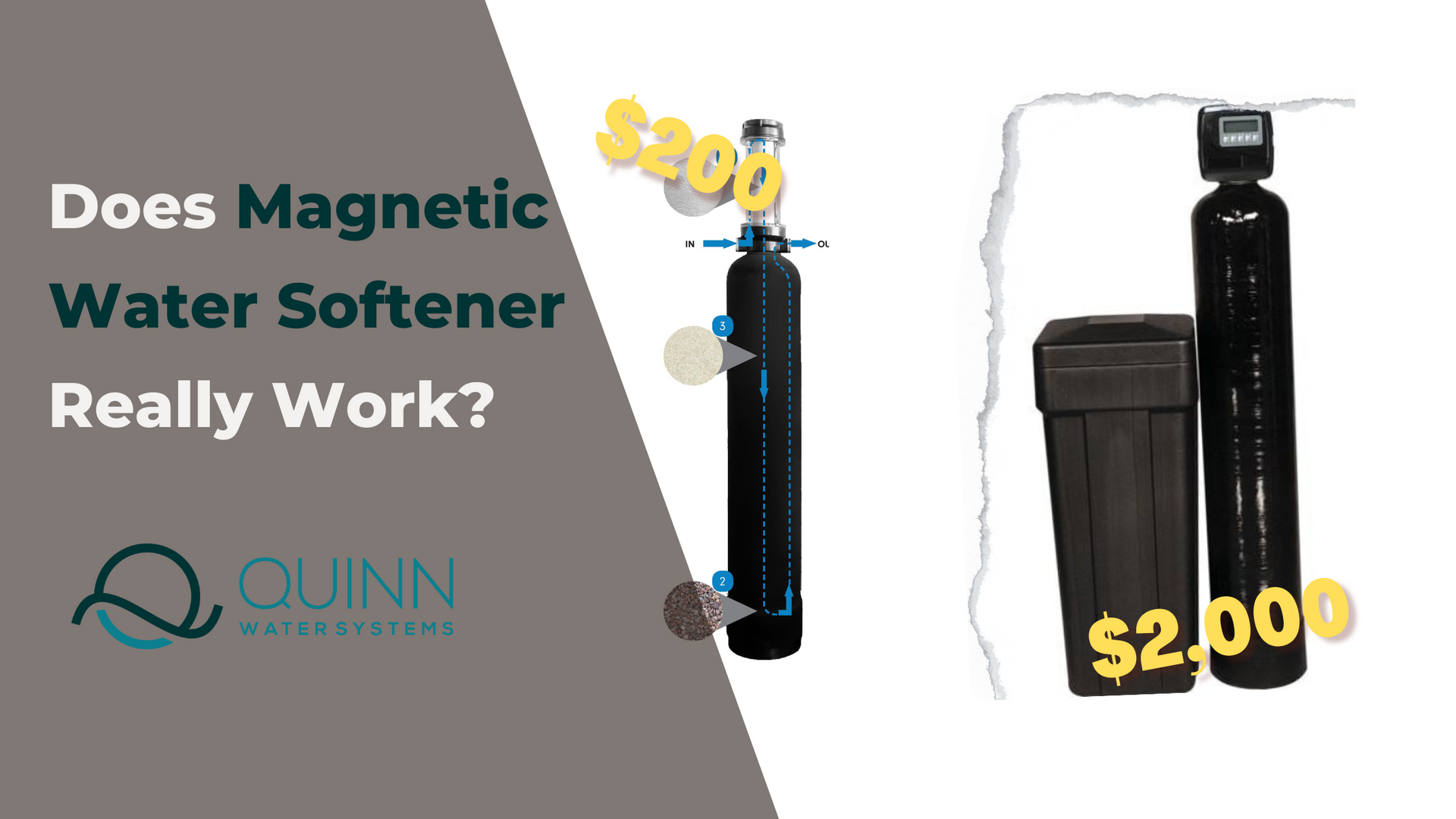Is Toronto Tap Water Safe To Drink? - Quinn Water Systems
As a homeowner in Toronto, you have a vested interest in the safety and quality of the tap water that flows through your faucets. After all, it's not just about quenching your thirst; it's about ensuring the well-being of yourself and your loved ones. In this blog, we will address a pressing question: Is Toronto tap water safe to drink? As water experts, Quinn Water Systems brings valuable insights into tap water safety and solutions for improving water quality.
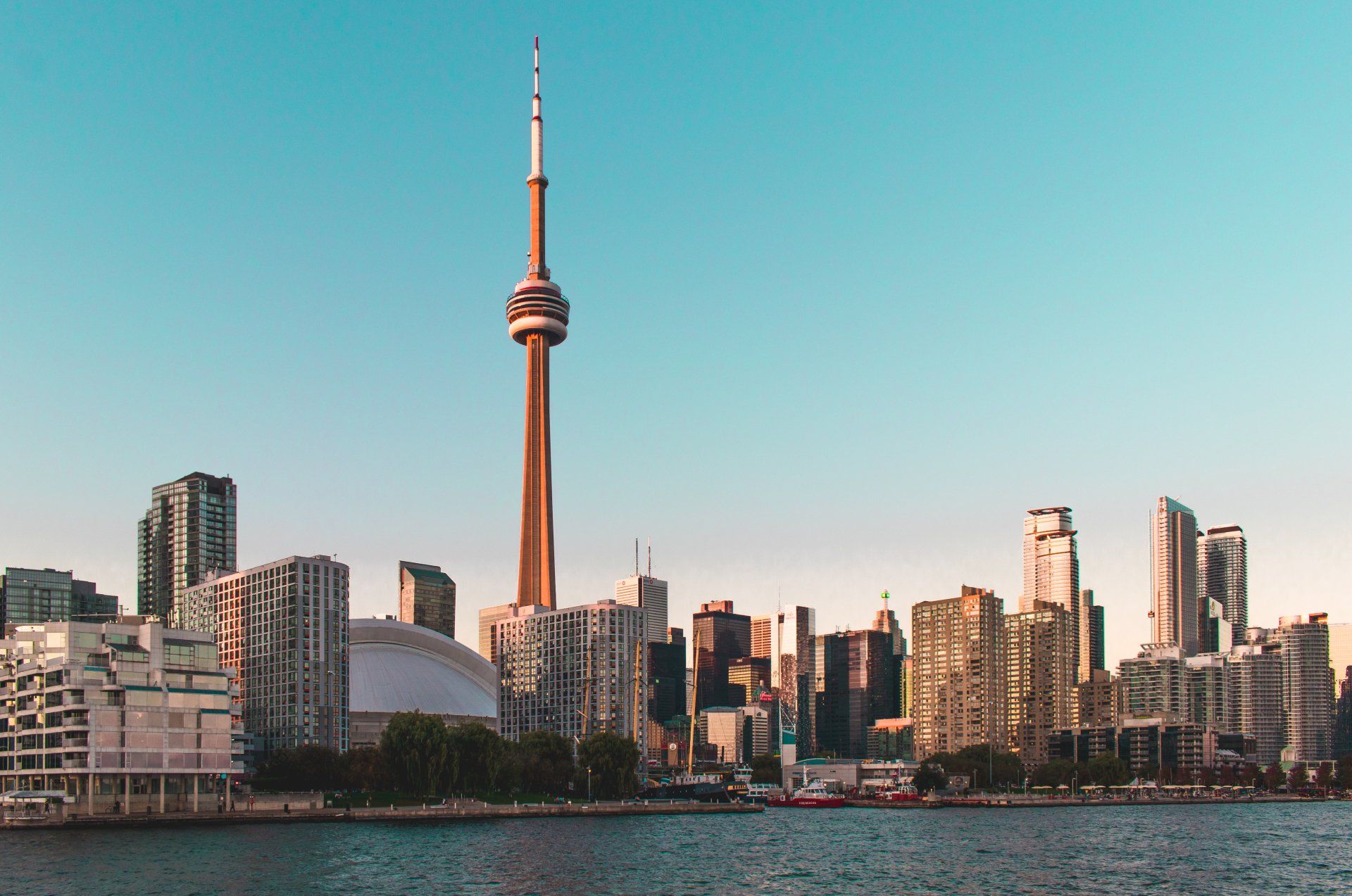
Understanding Toronto's Tap Water Sources
Overview of the water sources
Toronto's tap water primarily comes from Lake Ontario, one of the largest freshwater sources in the world. The water undergoes an extensive treatment process before it reaches your home.
Treatment processes and infrastructure
In Toronto, water treatment involves several steps to ensure its safety.
- Chlorine is used as a disinfectant to kill bacteria and viruses that may be present in the water.
- Ammonia is added to form chloramine, which provides a longer-lasting disinfectant residual.
- Fluoride is also added to promote dental health.
- Phosphoric acid is used for corrosion control to protect against lead contamination from pipes.
It is worth noting that the presence of chlorine residual have raised concerns due to potential health risks. Studies have linked these by-products to a higher risk of certain health issues, including skin cancer. However, it is important to note that Health Canada establishes guidelines for safe trace amounts of these chemicals in public water supplies to protect consumers.
Regulatory bodies and standards governing tap water quality
The City of Toronto's Water Treatment and Supply division is responsible for ensuring compliance with provincial and federal regulations. Health Canada sets the guidelines and standards for water quality, while the Ontario Ministry of the Environment, Conservation and Parks oversees the implementation of these standards.
These regulatory bodies work diligently to establish and enforce strict guidelines to safeguard the quality of Toronto's tap water. Regular testing and monitoring are conducted to ensure compliance with these standards and to address any emerging issues promptly.
By having regulatory bodies in place and adhering to established standards, Toronto's tap water undergoes continuous monitoring and improvement efforts to maintain its safety for consumption for Torontonians.
Lead and drinking water in Toronto
Lead contamination in drinking water is an important concern, especially in older homes where lead pipes were commonly used in the water service lines. In Toronto, it is crucial to understand the measures in place to address this issue and the effectiveness of boiling water in reducing lead levels.
Firstly, it is important to note that the water that leaves the City's water treatment plants in Toronto is lead-free. Extensive treatment processes and strict monitoring ensure that the water supplied to residents meets or exceeds the Safe Drinking Water Act set by the Ministry of the Environment, Conservation and Parks (MECP).
However, lead can still be a concern in homes built before the mid-1950s when lead pipes were commonly used. If your home has lead pipes or plumbing fixtures that contain lead, there is a potential risk of lead leaching into the water supply.
Does Boiling Water Reduce Lead?
Comparisons with other cities and regions
When evaluating the safety of Toronto's tap water, it is helpful to compare it with other cities and regions. In terms of water hardness, Toronto's water is considered moderately hard, with a range of 6 to 7 grains per gallon. By comparison, the water in the Guelph, Burlington, and Waterloo area has an average hardness of 34 grains per gallon, which is significantly harder. Similarly, cities like Calgary, Red Deer, and Edmonton have water hardness levels averaging between 12 to 16 grains per gallon.
These comparisons highlight the relatively favourable water hardness in Toronto, indicating that residents here have fewer concerns related to water hardness-related issues such as limescale buildup in appliances and plumbing fixtures.
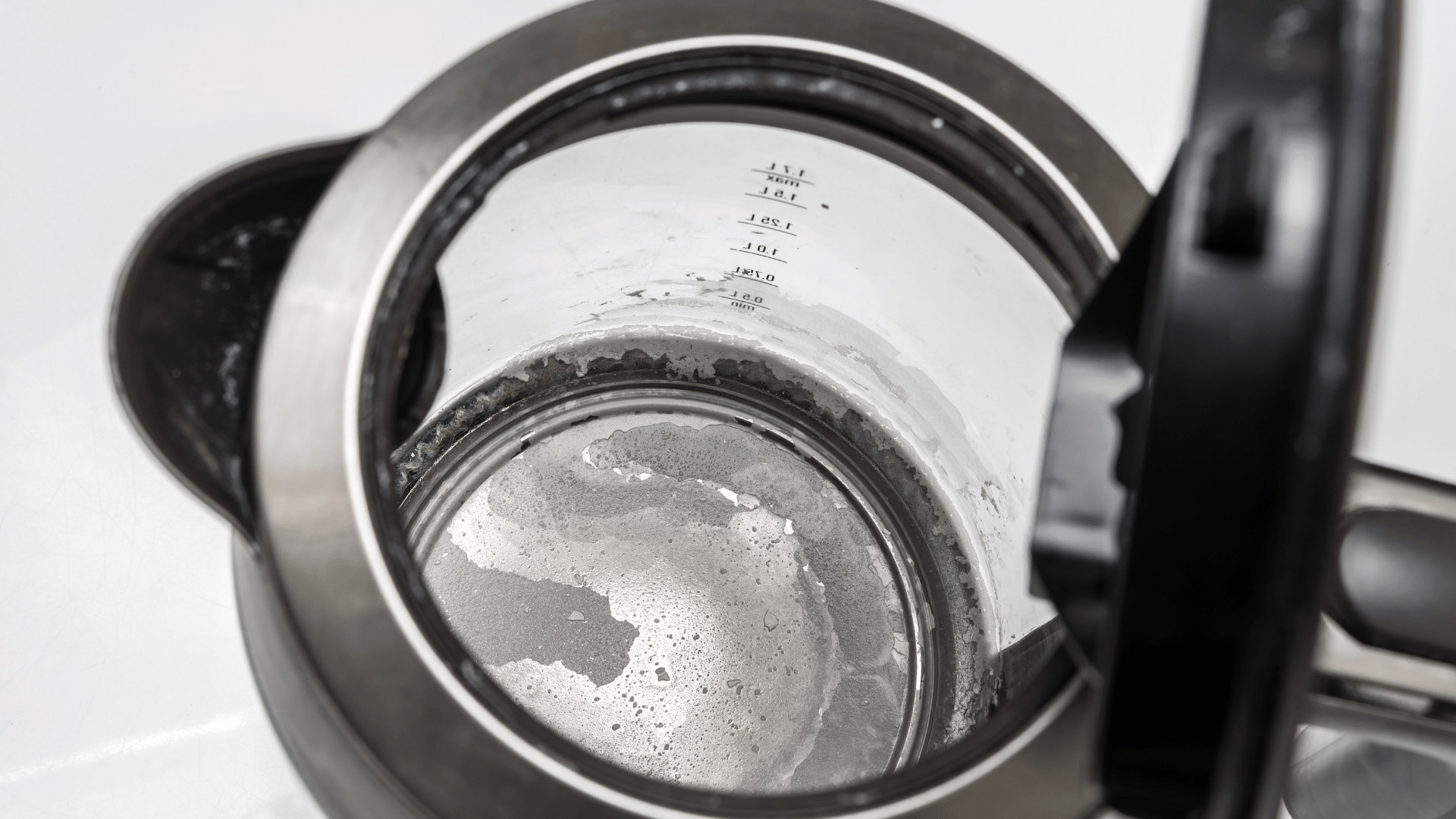
Steps to Ensure Safe Drinking Water - Quinn Water Systems
Point-of-use Water Filters and their effectiveness
These filters treat the water at a single tap, normally installed under a kitchen sink in order to provide clean and healthy drinking water at the kitchen tap. They are designed to remove contaminants, including chlorine, sediments, and potentially harmful chemicals, providing an additional layer of purification for your drinking water. They are effective in improving taste and odour while maintaining the essential minerals present in the water. Quinn Water Systems provides drinking water systems 6-stage reverse osmosis (RO) technology. These systems use a multi-stage filtration process, including a semi-permeable membrane, to remove a wide range of contaminants, such as heavy metals, bacteria, and viruses. RO systems deliver purified water for drinking and cooking, offering an extra level of assurance in terms of water safety.
Whole home water filter for chlorine removal and water softener
For comprehensive water treatment throughout your home, which we highly recommend for homeowners in Toronto, Quinn Water Systems offers whole-home water carbon filters. These systems are designed to remove chlorine, sediment, and other impurities from the water supply, ensuring that all faucets and appliances receive purified water. Additionally, we offer Water Softeners to address issues related to hard water, such as accumulation of limescale on faucets, shower heads, and inside pipes. This buildup can restrict water flow, reduce water pressure, and eventually cause clogs if left untreated.
By utilizing these solutions from Quinn Water Systems, homeowners in Toronto can enhance the safety and quality of their tap water, providing peace of mind for themselves and their families.
Note: It's essential to consult with water experts like Quinn Water Systems to determine the most suitable water treatment options based on your specific needs and the characteristics of your tap water.
Key takeaways from this evaluation include:
- Toronto's tap water is sourced from Lake Ontario and undergoes rigorous treatment processes to maintain its safety.
- Lead is a concern in older homes with lead pipes, but the water leaving the treatment plants is lead-free.
- Boiling water does not reduce lead levels; additional measures such as water testing and filtration are necessary to address lead concerns.
- Hard water is a common issue in Toronto, and water softening solutions can help mitigate its effects on appliances and daily life.
Based on these takeaways, it is recommended that residents:
- Consider getting your water tested, especially if you have an older home or concerns about lead.
- Install appropriate water filtration systems, such as point-of-use filters, to address specific concerns like lead or improve overall water quality.
- Consult with water professionals, such as water treatment experts like Quinn Water Systems, to find suitable solutions for your specific water needs such as
Commercial,
Food service Water Filtration,
Dental water quality,..
Get In touch with Quinn Water
Blog Posts
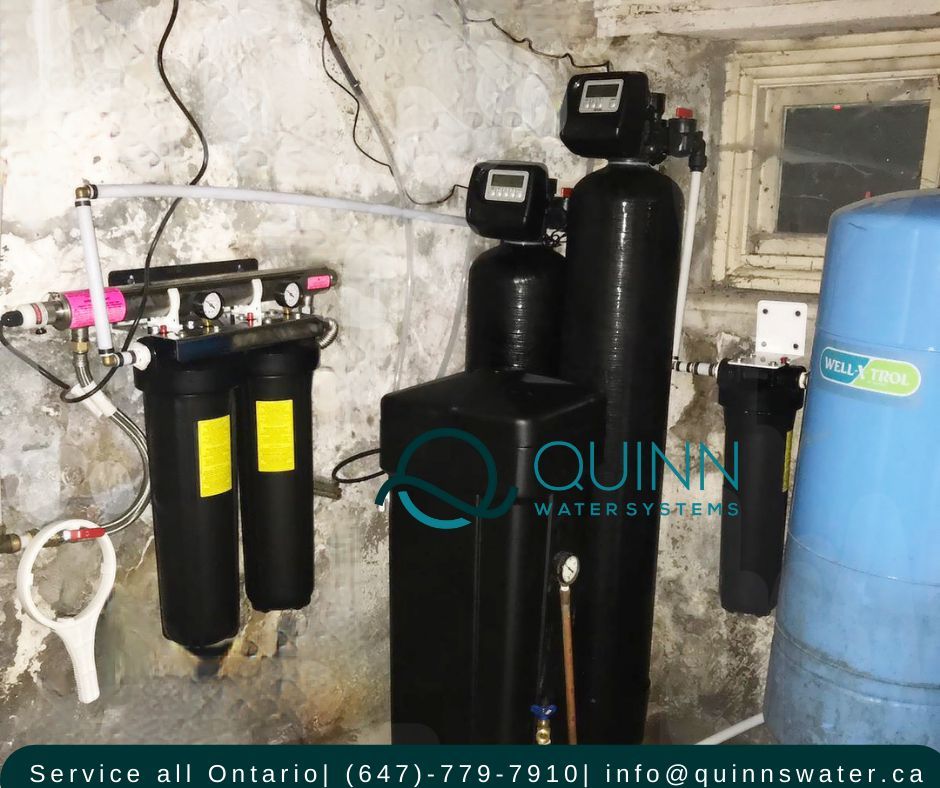
Share this blog
Blog Posts
